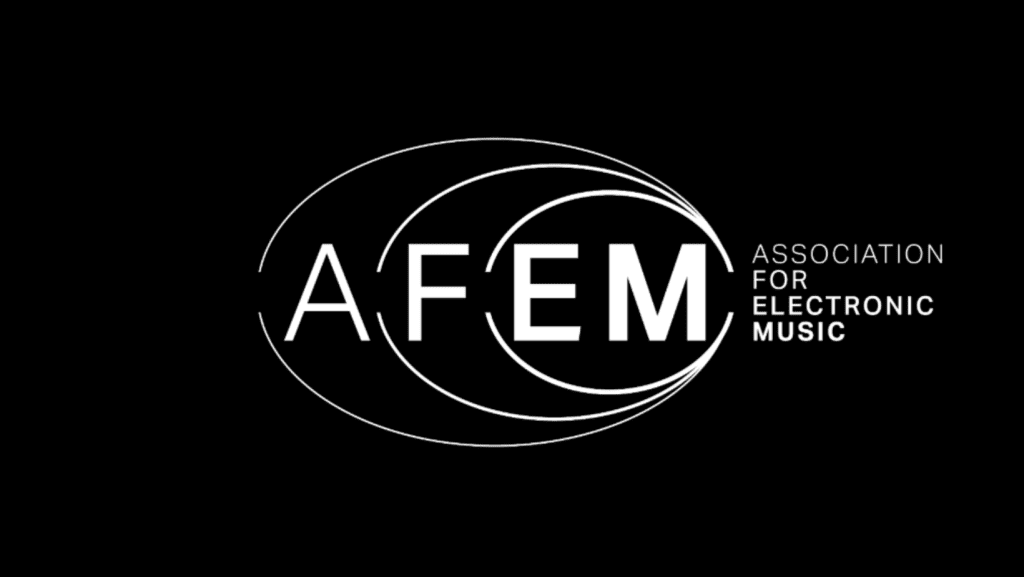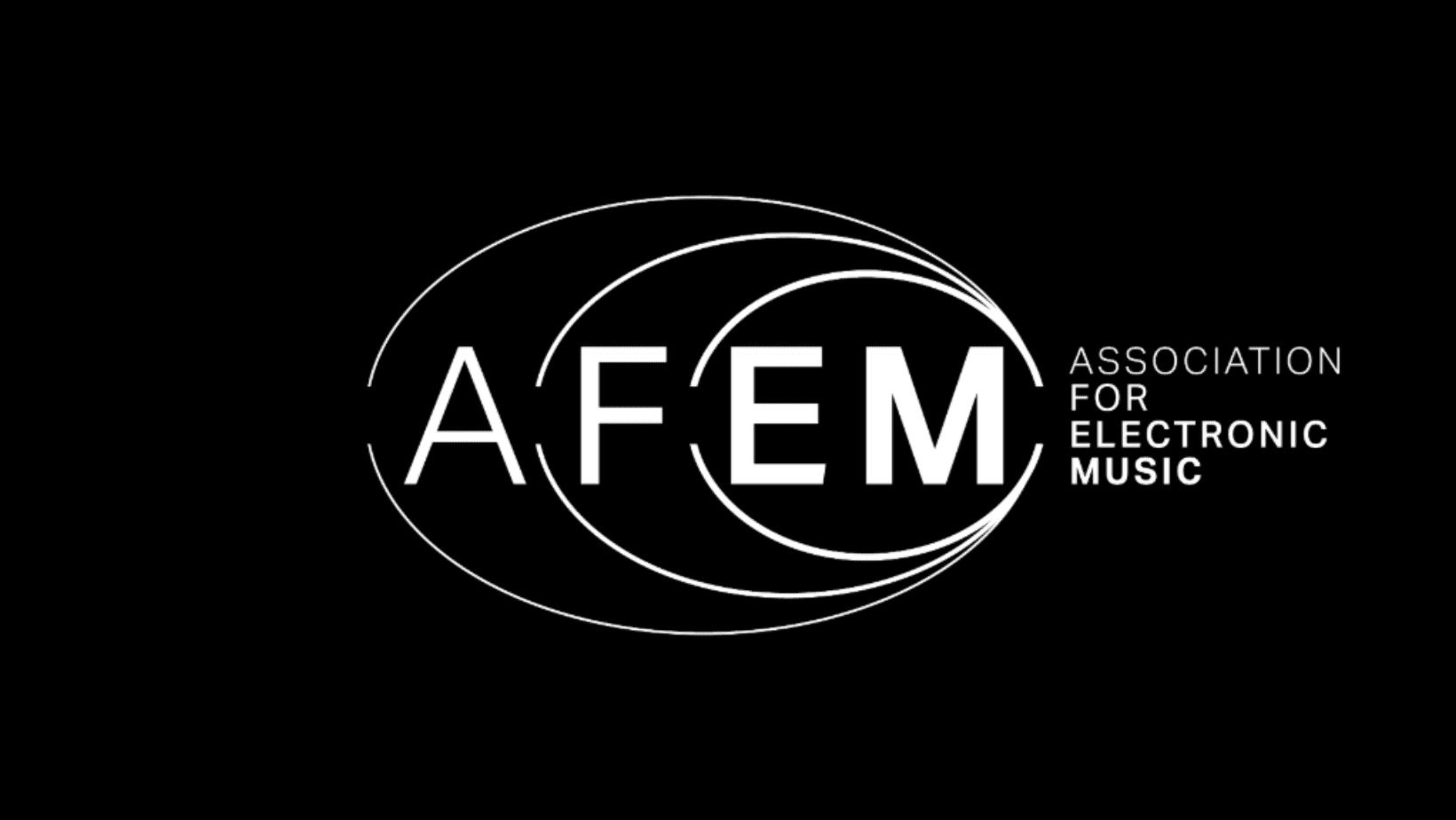

The Association for Electronic Music (AFEM) has launched a groundbreaking framework of “AI Principles” aimed at protecting artists and rights holders in the rapidly evolving landscape of generative AI. As artificial intelligence begins to redefine the music industry, AFEM is taking proactive steps to ensure that human creativity remains at the core of electronic music.
AI and the $12.9 Billion Electronic Music Economy
Electronic dance music (EDM)—a genre born from machines and driven by innovation—is now confronting a new wave of technological disruption. According to the 2024 IMS Business Report, AI-powered music applications attracted over 60 million users, contributing to a global electronic music market valued at $12.9 billion.
In response, AFEM, which represents more than 300 members across 40 countries, has introduced a comprehensive set of principles that call for consent, attribution, and compensation—three core pillars designed to safeguard artists from the risks posed by unregulated AI practices.
Setting Standards for Ethical AI Use in Music
“Generative AI has been operating in a vacuum without a shared understanding of what’s acceptable,” said Kurosh Nasseri, co-founder of AFEM. “By establishing these core principles, we’re creating a foundation where AI can thrive without infringing on the rights of creators or copyright holders.”
The principles directly address concerns such as:
- Unauthorized data scraping of music catalogs
- AI-generated vocals replicating artists’ voices
- Revenue models that exclude original creators
AFEM’s framework is a call to action for the music industry to adopt responsible AI practices that respect the integrity of human artistry.
Industry Giants Are Following Suit
The major record labels—Universal Music Group, Sony Music, and Warner Music—have also begun pivoting their stance on AI. While they previously sued platforms like Suno and Udio for mass copyright infringement, they are now reportedly negotiating licensing deals with these same companies.
These discussions could lead to historic agreements that set the tone for how generative AI and copyright laws can coexist. Still, AFEM’s approach remains more artist-centric, emphasizing moral rights, creative credit, and fair payment over purely commercial contracts.
A Future Where AI Enhances Creativity, Not Replaces It
“Electronic music has always thrived on innovation,” said Jay Ahern, AFEM’s Chief Growth Officer. “We see AI not just as a sound generator, but as a powerful discovery tool. Our goal is to ensure creators are empowered and rewarded wherever AI intersects with their work.”
With the introduction of these AI Principles, AFEM is not resisting change but shaping it—ensuring that AI becomes a collaborative tool rather than a creative threat.

